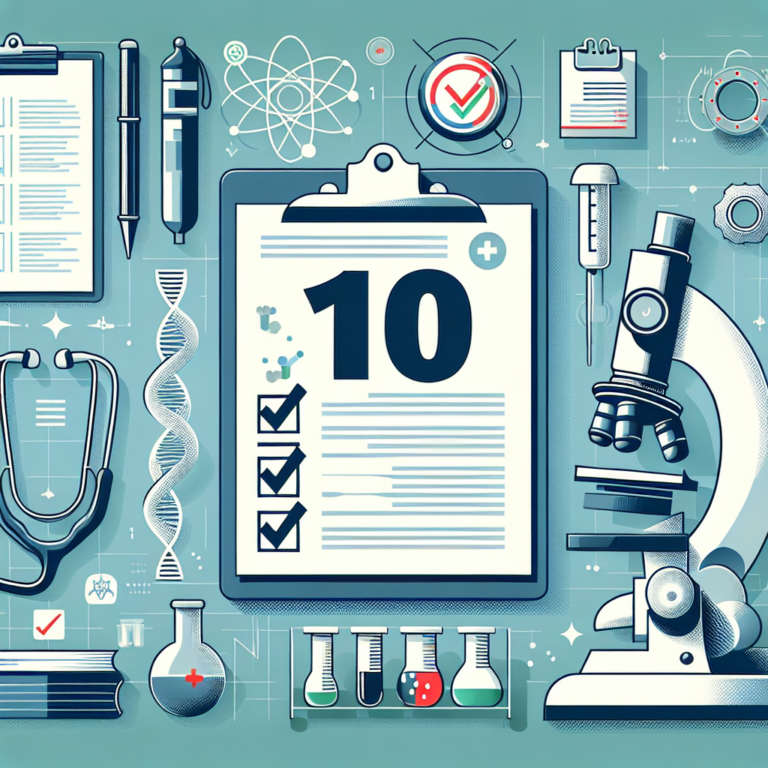Linear regression analysis plays a crucial role in medical research, providing valuable insights into the relationships between variables. At StatisMed, we understand the significance of this statistical technique in advancing the field of medicine. In this blog post, we will delve into the importance of linear regression analysis in medical research and its impact on healthcare outcomes.
Understanding Linear Regression Analysis
Linear regression is a statistical method used to model the relationship between a dependent variable and one or more independent variables. In medical research, this technique is often employed to analyze the association between various factors and health outcomes. By fitting a linear equation to the data, researchers can identify patterns, make predictions, and understand the underlying mechanisms of disease.
Benefits of Linear Regression Analysis
-
Identifying Risk Factors: Linear regression allows researchers to determine the impact of specific variables on health outcomes. By analyzing the relationship between risk factors such as age, lifestyle choices, and genetic predispositions, medical professionals can develop targeted interventions to improve patient outcomes.
-
Predicting Clinical Outcomes: Linear regression models can be used to predict the likelihood of certain clinical outcomes based on patient characteristics. This predictive capability helps healthcare providers make informed decisions about treatment plans, resource allocation, and patient care.
- Monitoring Disease Progression: By analyzing longitudinal data, linear regression analysis can track disease progression over time. This information is vital for monitoring the effectiveness of interventions, adjusting treatment strategies, and improving patient outcomes.
Application of Linear Regression in Medical Research
Linear regression analysis is widely used in various areas of medical research, including epidemiology, biostatistics, and clinical trials. Some common applications of this statistical technique in healthcare include:
-
Quantifying Treatment Effects: Researchers use linear regression to assess the impact of treatments on patient outcomes. By comparing the effectiveness of different interventions, healthcare professionals can optimize treatment protocols and improve patient care.
-
Risk Prediction Models: Linear regression is often employed to develop risk prediction models for various diseases and health conditions. These models help identify individuals at high risk of developing certain conditions, enabling early intervention and preventive measures.
- Outcome Evaluation: In clinical trials, linear regression analysis is used to evaluate the effectiveness of new treatments and interventions. By analyzing outcome data, researchers can assess the impact of interventions on patient health and well-being.
Conclusion
In conclusion, linear regression analysis is a powerful tool in medical research, providing valuable insights into the complex relationships between variables and health outcomes. At StatisMed, we leverage the power of linear regression to support healthcare professionals in making informed decisions, improving patient care, and advancing medical knowledge. By understanding the impact of linear regression analysis in medical research, we can drive innovation, enhance patient outcomes, and ultimately, save lives.
[ad_2]




